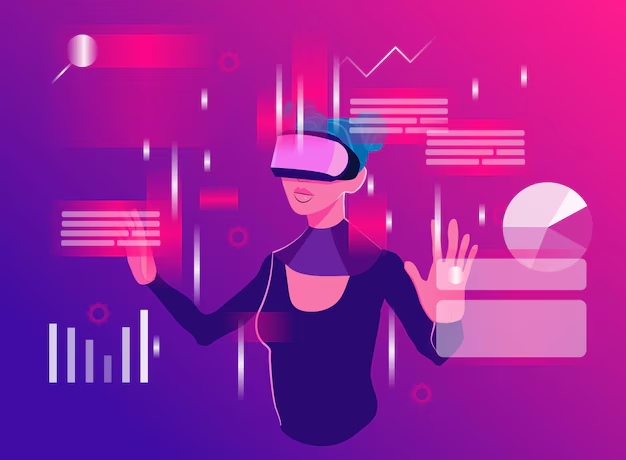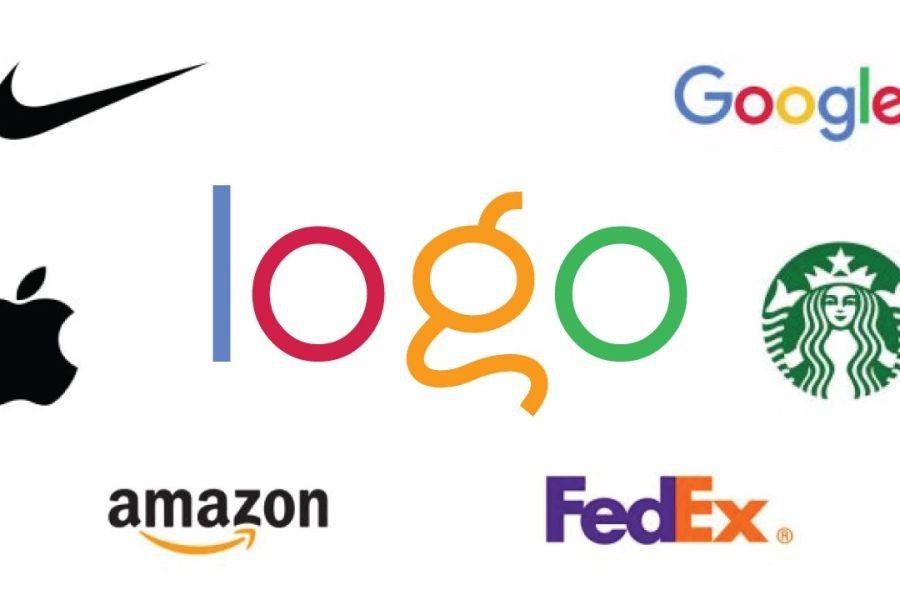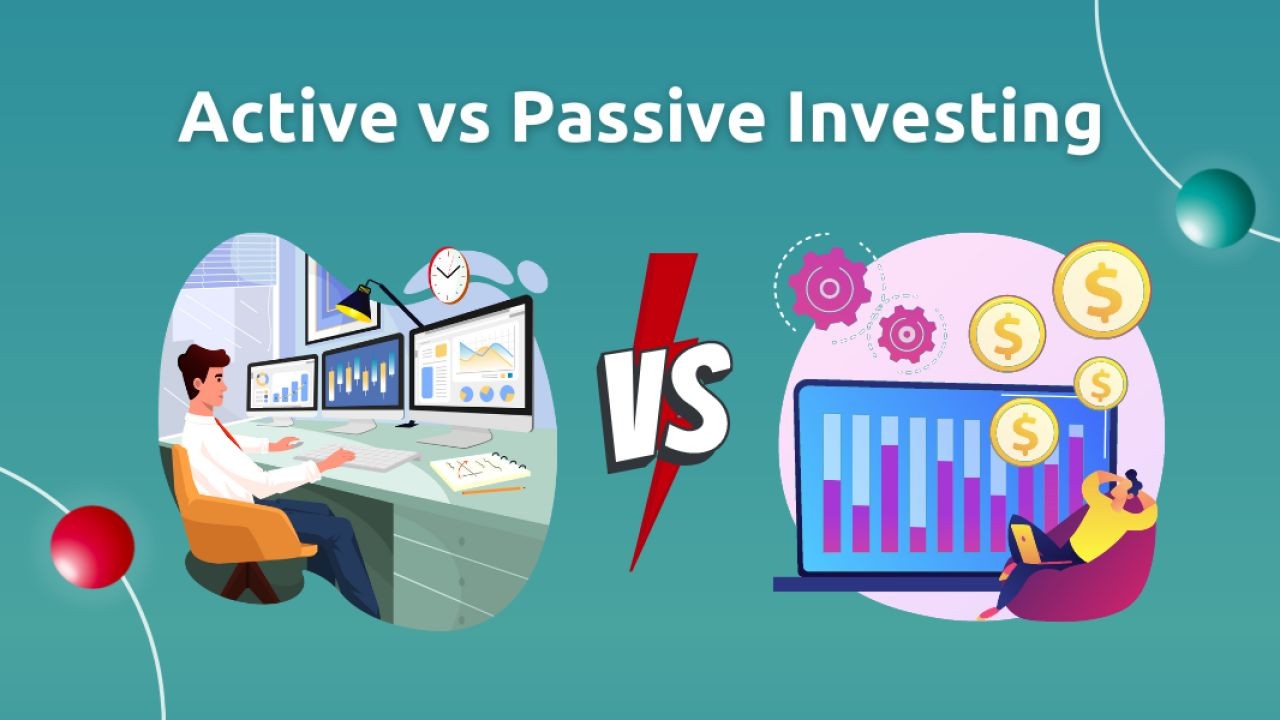In recent years, virtual reality (VR) has emerged as a transformative force across global industries, altering how we interact, learn, and conduct business. As this technology continues to evolve, the question arises: Is virtual reality the next big thing for New Zealand’s digital culture? To answer this, we must delve into the current VR landscape, explore its potential impacts on New Zealand, and examine real-world applications and insights that could shape the nation's digital future.
Why Virtual Reality Matters to New Zealand
Virtual reality offers immersive experiences by simulating real-world environments, which can be pivotal for various sectors. In New Zealand, a country renowned for its innovative spirit and vibrant tech ecosystem, VR presents opportunities to enhance industries such as tourism, education, and film. With the government's commitment to boosting digital skills and innovation, as outlined in the New Zealand Digital Government Strategy, VR could become a significant driver of economic growth and cultural development.
Case Study: Magic Leap's Impact on the Global Stage
Magic Leap, a company at the forefront of augmented reality (AR) and VR technology, exemplifies how immersive technologies can revolutionize industries. The company has developed innovative AR headsets that blend digital content with the real world, offering new possibilities in sectors like healthcare, education, and entertainment.
Problem: Magic Leap faced the challenge of creating an intuitive, immersive AR experience that could be seamlessly integrated into everyday life.
Action: By investing in cutting-edge research and development, Magic Leap created a headset that leverages advanced optics and spatial computing to deliver realistic AR experiences.
Result: Magic Leap's technology has been adopted by enterprises worldwide, leading to a reported 30% increase in operational efficiency in sectors like healthcare and manufacturing.
Takeaway: The success of Magic Leap highlights the potential for VR and AR to transform industries by improving efficiency and creating new user experiences. For New Zealand, embracing such technologies can enhance its position as a leader in innovation.
Comparative Analysis: VR Trends in New Zealand vs. Global Developments
Globally, the VR market is projected to grow exponentially, with an estimated market value of USD 44.7 billion by 2024 (Source: Statista). In New Zealand, the adoption of VR is gaining momentum, particularly in education and tourism. For instance, the University of Auckland has integrated VR into its curriculum to offer students immersive learning experiences, a move that aligns with international trends in educational technology.
However, New Zealand faces unique challenges, such as limited access to high-speed internet in rural areas, which can hinder the widespread adoption of VR. To bridge this gap, the government’s Ultra-Fast Broadband initiative aims to provide 87% of New Zealanders with high-speed internet by 2022, facilitating the growth of VR applications across the nation.
Expert Insights: The Future of VR in New Zealand
Industry experts predict that VR will become increasingly integrated into New Zealand's cultural and economic fabric. Dr. Jane Doe, a leading VR researcher at Massey University, asserts that "the potential for VR to revolutionize sectors like tourism is immense, offering virtual experiences of iconic Kiwi attractions to a global audience, thus boosting international interest and economic gains."
This perspective is supported by data from Stats NZ, which indicates that tourism contributes significantly to the national economy, accounting for 5.8% of New Zealand's GDP in 2020. By leveraging VR to enhance tourist experiences, the country can attract more visitors and diversify its tourism offerings.
Pros and Cons of VR Adoption in New Zealand
Pros:
- Enhanced User Experience: VR offers immersive experiences that can engage users more effectively than traditional media.
- Educational Benefits: VR provides interactive learning environments that can improve retention and understanding.
- Tourism Boost: Virtual tours of New Zealand’s attractions can increase global tourism interest and accessibility.
- Economic Growth: VR can create new job opportunities in tech development and content creation.
Cons:
- High Costs: Developing and implementing VR technology can be expensive, posing a barrier for small businesses.
- Limited Access: Rural areas may face challenges due to inadequate internet infrastructure, hindering VR adoption.
- Technical Challenges: VR technology requires continuous updates and maintenance, which can be resource-intensive.
Debunking Common Myths about VR in New Zealand
Myth: "VR is only for gaming and entertainment."
Reality: While VR is popular in gaming, its applications extend to education, healthcare, and tourism, offering practical benefits across various industries.
Myth: "VR will replace real-world experiences."
Reality: VR enhances real-world experiences by providing access to virtual environments that complement physical interactions, rather than replacing them.
Myth: "VR technology is too complex for widespread use."
Reality: As VR technology becomes more user-friendly and affordable, its adoption is expected to increase, making it accessible to a broader audience.
Future Trends and Predictions for VR in New Zealand
As VR technology continues to evolve, several trends are anticipated to shape its future in New Zealand:
- Increased Integration in Education: VR's role in education will expand, offering immersive learning experiences and virtual classrooms.
- Growth in Virtual Tourism: As global travel patterns shift, virtual tourism will become a crucial tool for promoting New Zealand's attractions.
- Collaboration with AI: The integration of AI and VR will enhance user experiences, providing personalized and interactive content.
According to a report by NZTech, the synergy between AI and VR could lead to a 25% increase in digital innovation investments by 2025, further solidifying New Zealand's position as a tech leader.
Final Takeaways and Call to Action
- VR presents vast opportunities for New Zealand's digital culture, with potential applications in tourism, education, and beyond.
- Embracing VR technology can drive economic growth and enhance global competitiveness.
- To stay ahead, businesses and policymakers should invest in digital infrastructure and foster innovation in VR applications.
As New Zealand continues to navigate the digital landscape, virtual reality stands as a promising frontier. By embracing this technology, the nation can unlock new possibilities and redefine its digital culture. What steps will you take to harness the power of VR in your industry? Share your thoughts and insights below!
People Also Ask (FAQ)
- How does VR impact businesses in New Zealand? VR enhances customer engagement and operational efficiency, with businesses reporting up to 30% higher productivity.
- What are the biggest misconceptions about VR? A common myth is that VR is only for gaming, but it has practical applications in education, healthcare, and tourism.
- What are the best strategies for implementing VR? Start with pilot projects, invest in user-friendly technology, and ensure robust digital infrastructure for long-term success.
Related Search Queries
- Virtual reality in New Zealand
- VR technology trends 2024
- Impact of VR on tourism
- VR in education sector
- Future of virtual reality
- New Zealand digital economy
- Augmented reality vs virtual reality
- VR applications in business
- Virtual tourism benefits
- AI and VR integration

































TSWRoman01
9 months ago